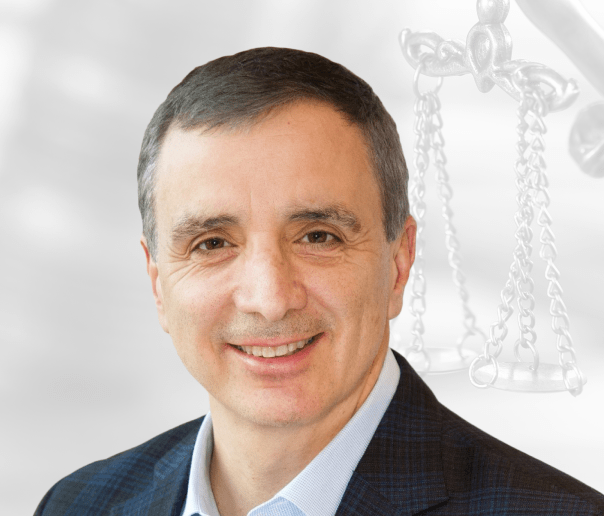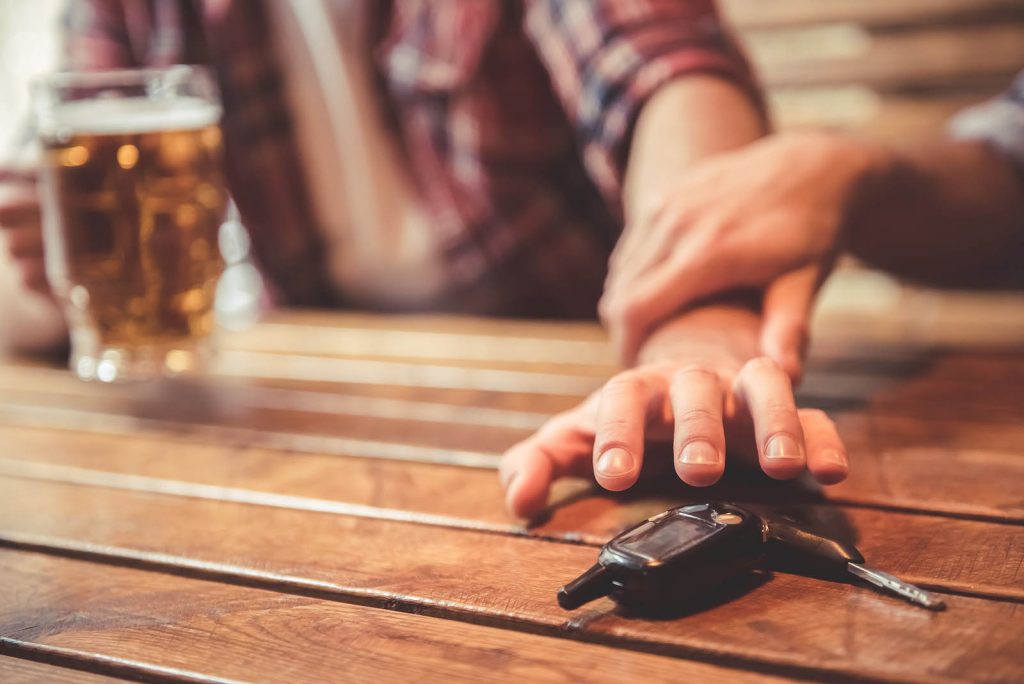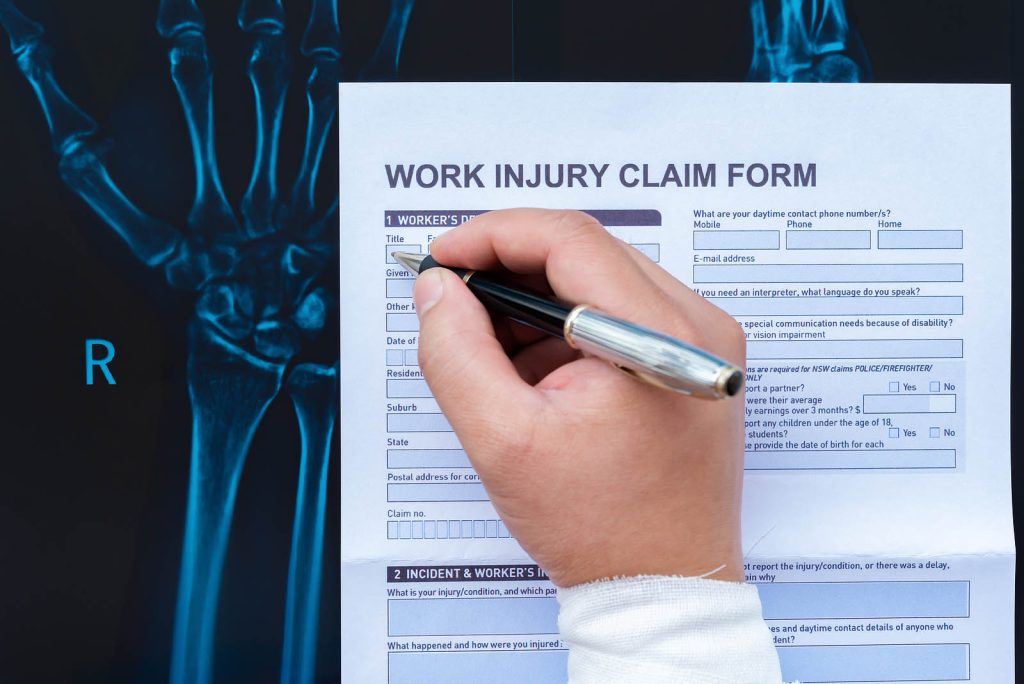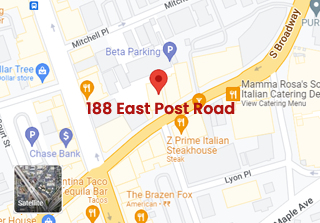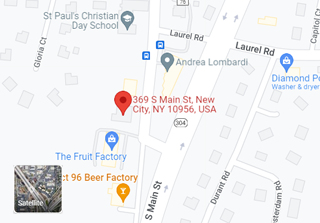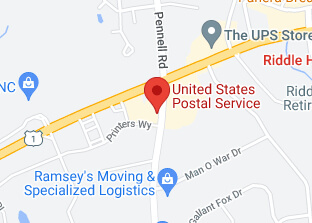In the last thirty years, the penalties for DWI–even first-time DWI–have become more stringent across the United States. New York’s DWI laws have also grown stronger. During this time, the number of DWI-related deaths has decreased. But the overall number of driving under the influence of alcohol cases in New York State has not changed appreciably for several years.
Impaired-Driving Task Force Convened
How should these facts be interpreted? Some people might think that stricter DWI laws would decrease the number of cases, due to a deterrent effect. Others might expect stricter laws to result in more cases, because of the additional consequences for DWI that the laws carry. Or perhaps both factors are in play, resulting in a form of zero sum game when the written law rubs up against the reality of enforcement.
To get a better grasp of this reality, New York State has created a Task Force on Impaired Driving to examine numerous issues surrounding DWI. These issues include not only the relevant laws, but also the role of the courts and probation agencies, the availability of resources, and other factors affecting enforcement.
One issue the Task Force is examining is why arrests and convictions for drunk driving have remained constant over the last five years. A 2010 study by the Institute for Traffic Safety Management and Research found that approximately one of every 500 impaired New York drivers is arrested, and there are about 85,000 impaired-driving occurrences every day in the state.
First-Time DWI Arrestees
In New York, even first-time DWI offenders face harsh consequences. For example, a person convicted of drunk driving must install an ignition interlock device in his or her vehicle for at least six months in order to drive.
Anyone who is arrested for drunk driving in New York should contact an attorney right away. Especially for people who have never been convicted of DWI (also known as DUI and OWI in other states), there may be options.
For example, an experienced New York DWI attorney is likely to examine the arrest record to confirm that the police officer had probable cause for making the arrest. The attorney also may scrutinize the evidence against the arrestee to ensure that it was properly gathered and measured. Or the attorney could seek to negotiate a plea agreement with the prosecutor, perhaps to obtain an alternative sentence that emphasizes rehabilitation and treatment.
Whatever the circumstances, it is important to speak with a New York DWI defense attorney to protect your rights.

